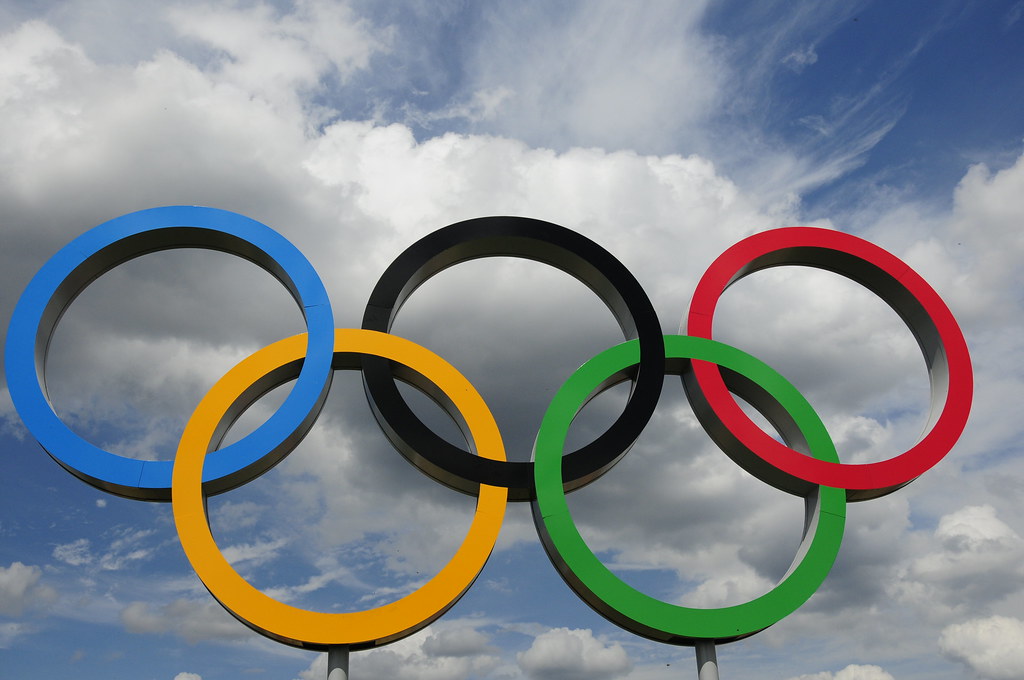Tyson Fury’s legacy continued last week with an epic TKO win over Dillian Whyte which will have no doubt inspired many amateur fighters to follow his footsteps. Though changes are afoot for the next generation of world class professional fighters as the International Boxing Association (IBA) announced changes to weight classes at national level last year which have been approved by the International Olympics Committee’s (IOC). This means that the number of men’s weight classes has been reduced from 8 to 7 while women’s representation has increased from 5 to 6 for the Paris 2024 Olympic Games. The changes appear to have been adopted to comply with the IOC’s push for equality which have understandingly been well received as the boxing community recognises that there will be 124 men and 124 women representing their nation in 2024 games.
For the men’s game, the new rules mean that the highly competitive welterweight and middleweight classes will be merged which will come as a disappointment as these divisions have produced many hall of fame fighters. Boxing is game of fine margins and the changes will affect fighter performances in various ways during qualification, and some nations will no doubt suffer more than others. I believe this will turn out to be a minor inconvenience and very unlikely to discourage the fighters, after all, it’s in the DNA of a fighter to overcome. It has to be said that the change that had to be made for the expansion of the sport due to the rapid growth of women’s boxing driven by influential performances in the amateur and professional game. For those of you asking why there aren’t 6 medals available for each gender, my understanding is that it simply be a leap too far to merge two men’s weight classes in a single Olympic cycle. As the IOC are allegedly reluctant to increase the number of medals awarded in each sport, it seems that the medals have been rebalanced between men and women. There’s hope that if the IOC see an overall improvement in governance, they might increase the number of medals without any further weight class changes.
Equality aside, it’s undeniable that changes are needed in boxing governance as fans feared that amateur boxing would be phased out as an Olympic sport. This would be catastrophic at amateur and professional levels as partition would drastically reduce without question. The fragmented governance in boxing at all levels has clearly been out of control over the years after some shameful decisions in Rio (2016). This saw the International Boxing Association (AIBA) reformed as the IBA in the following years after a history of corruption allegations. Boxing lived to fight another day with more competent officiating overall in Tokyo 2020 games. The big concern is that boxing hasn’t yet been included in 2028 Olympic programme. I interpret this as the IOC wanting to see evidence that national governing bodies have successfully improved their governance if boxing is to have a future as an Olympic sport. In the ideal world, an impartial and more integral amateur governance would act as a springboard for improvements in the professional ranks, however, that’s a conversation for another day. Here’s the new boxing weight classes for Paris 2024:
Women’s weight classes
Light Flyweight 50kgs,
Bantamweight 54kgs
Featherweight 57kgs
Lightweight 60kgs
Welterweight 66kgs
Middleweight 75kgs
Men’s weight classes
Flyweight 51kgs
Featherweight 57kgs
Light Welterweight 63.5kgs
Light Middleweight 71kgs
Light Heavyweight 80kgs
Heavyweight 92kgs
Superheavyweight +92kgs
Thanks for reading and watching, hope you come back soon. Please Follow us on Social Media for updates…
Instagram: https://www.instagram.com/britishboxers_bbtv
Twitter: https://twitter.com/britishboxers
Facebook: https://www.facebook.com/britishboxers
YouTube: https://www.youtube.com/britishboxersuk
boxing #britishboxing


























